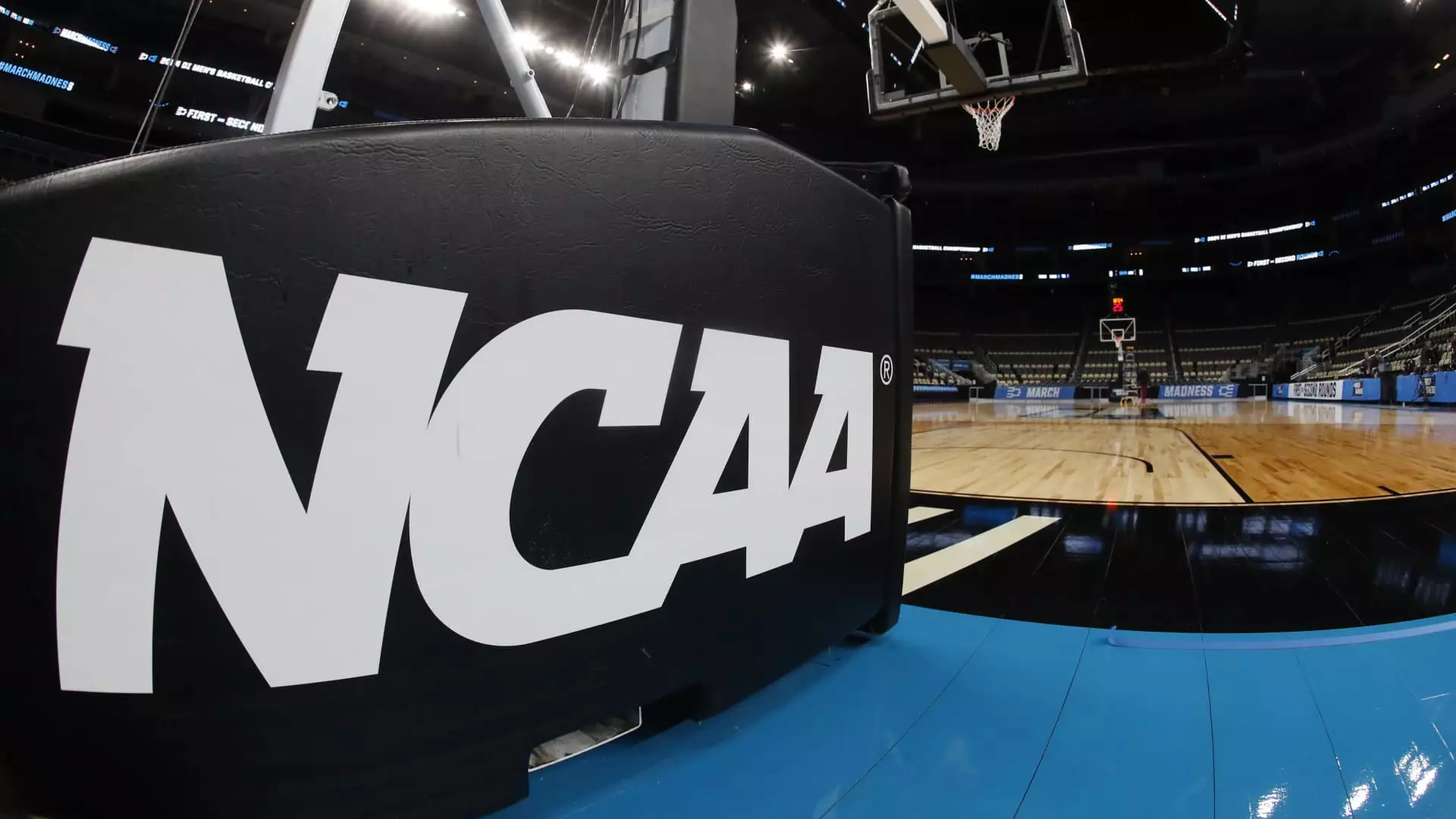The NCAA’s Controversial Transgender Policy Shift and Its Implications

In a sweeping move that has ignited fierce debate, the National Collegiate Athletic Association (NCAA) has revised its policy regarding transgender student-athletes. The update, which restricts trans women from competing in women’s sports, was announced shortly after President Donald Trump issued an executive order aimed at defunding educational institutions that permit such participation. The ramifications of these policy changes extend beyond competitive sports; they reflect broader societal debates concerning gender identity, equality, and inclusion.
Under the newly established rules, individuals classified as male at birth may train with women’s teams and enjoy certain associated benefits, like medical care, but they are barred from participating in formal competitions. Conversely, all competitors, irrespective of gender identity, can join men’s teams subject to specific conditions for those taking testosterone. This extends to students assigned female at birth as well; they too face disqualifications if they are undergoing hormone therapy. This rigid framework starkly contrasts with the NCAA’s prior alignment with Olympic standards, which offered a more nuanced approach by allowing governing bodies of individual sports to define eligibility.
NCAA President Charlie Baker stated that the organization, encompassing over 1,100 colleges and universities and more than 530,000 athletes, aims to provide clear and consistent standards rather than a fragmented landscape dictated by divergent state laws. However, the timing of the update—following Trump’s executive order—raises questions regarding the influence of political pressure on regulatory bodies. Baker’s admission that fewer than ten current athletes engage with the NCAA under these policies suggests that the sweeping changes may lack a substantial basis in current participation trends.
Trump’s executive order, which not only impacts collegiate athletics but also reflects his administration’s broader stance on gender identity, frames gender as a binary concept while dismantling previous efforts to embrace a more inclusive understanding of gender. His previous actions, identifying only two sexes, have likewise been interpreted as anti-trans. This political backdrop complicates the NCAA’s policy formulation, driving accusations that the organization is succumbing to political forces rather than prioritizing the welfare of student-athletes.
Critics like transgender triathlete Chris Mosier have vehemently opposed the NCAA’s new stance, arguing that such regulations oversimplify gender and ignore the existence of nonbinary identities. Mosier articulated concerns that these policies contribute to a hostile environment for transgender individuals and threaten the rights of those affected by intersex conditions or those undergoing hormone treatments for valid medical reasons. The implications of these policies could lead to increased marginalization and trauma for a community already facing significant challenges.
The NCAA’s decision represents more than just a policy update; it is a reflection of the societal tensions surrounding gender identity and individual rights in sports. As debates continue, the potential impacts on athlete Mental Health, inclusion, and the pursuit of equality cannot be overlooked. Stakeholders across the spectrum—students, educators, and policymakers—must navigate this complex terrain to foster an athletic environment that truly embodies the core values of fairness and inclusivity. Only through dialogue and understanding can we hope to create a landscape where all athletes feel valued and respected regardless of their gender identity.





